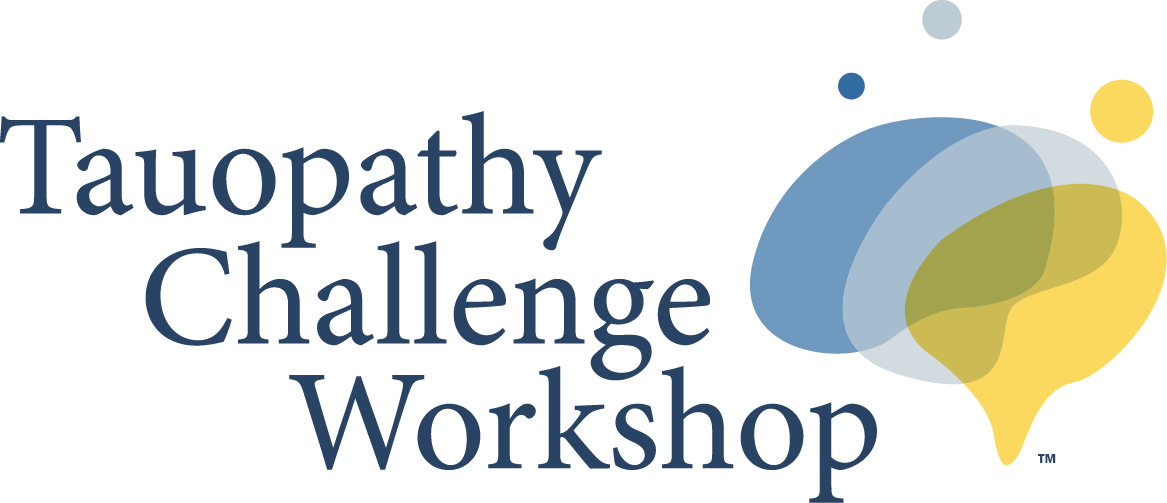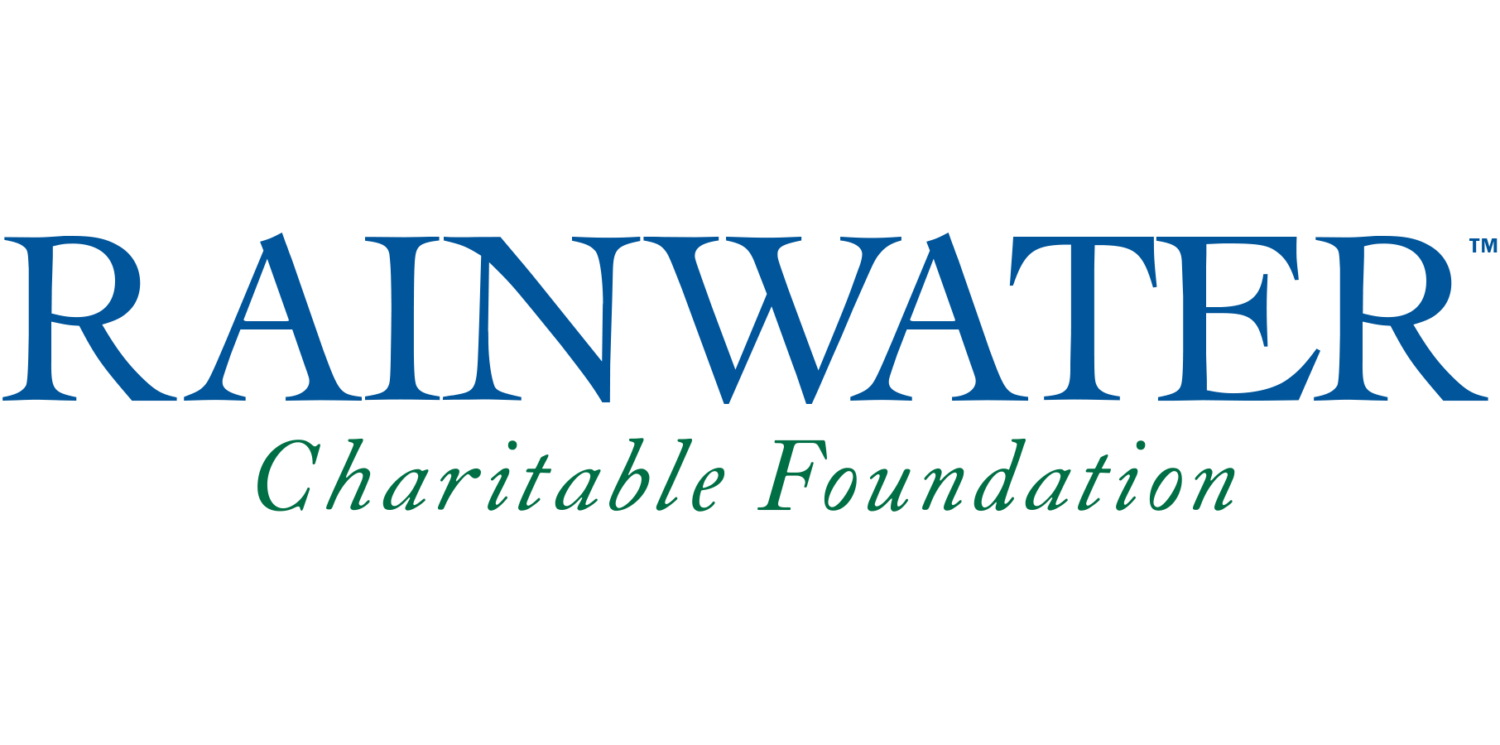
Primary tauopathies are a group of neurodegenerative diseases characterized by the abnormal accumulation of tau protein in the brain. While tau has been the focus of therapeutic research, other factors can contribute significantly to disease progression and severity. The presence of copathologies, or two or more diseases occurring simultaneously, can complicate both the diagnosis and management of primary tauopathies. Understanding these interactions is crucial for discovering risk factors and identifying biomarkers for diagnosis, monitoring disease progression, and ultimately developing effective treatments. Unfortunately, dedicated funding towards this research area is critically low.
To strategically support and propel research in this field, the Rainwater Charitable Foundation (RCF) announced the second Tauopathy Challenge WorkshopTM at Tau Global in 2024. The workshop is an invitation-only event that convenes interdisciplinary experts who are working to bridge the gaps in our understanding of primary tauopathies, with a focus on progressive supranuclear palsy (PSP) and frontotemporal dementias (FTD). The 2025 workshop (January 21-23) will examine our understanding of the presence and role of copathologies that often accompany primary tauopathies.
The RCF supports this workshop along with its partners—the Aging Mind Foundation, the Alzheimer’s Association, and CurePSP. Applications from researchers with expertise in neurodegenerative diseases were strongly encouraged to apply and special consideration was given to early-career scientists. Interested investigators submitted letters of intent (LOI) outlining their hypotheses and research plans. High-priority research themes included how pathogenic forms of tau interact with other proteinopathies (diseases where certain proteins become structurally abnormal and consequently dysfunctional), the role of neuroinflammation in the development of copathologies, how cardiovascular health may exacerbate disease pathology, and the role of environmental factors.
After announcing the topic at Tau Global 2024, we were pleased to receive positive responses from researchers worldwide, garnering 31% more LOIs than our inaugural 2023 workshop. LOIs were received from 15 countries and four continents, and nearly 50% were from early-career scientists. Proposals were evaluated on a weighted scale and judged based on the innovation, approach, and significance of the research idea. The top 12 proposals were selected to join us at the 2025 Tauopathy Challenge Workshop where each attendee will receive a $10,000 USD participation grant. Participants are then invited to apply for a grant of up to $500,000 USD in direct costs over two years, from which up to four researchers will be selected for funding.
We are thrilled to announce our 12 participants and four moderators who will be steering the 2025 workshop discussions, which will be split into four sections.
- The first session, led by Joe Abisambra from the University of Florida, will include programs focused on exploring unconventional copathologies. The participants include Mauro Montalbano (University of Texas Medical Branch), Stefan Berghoff (DZNE Munich), and Esther Blessing (NYU Medicine).
- The second session includes programs focusing on diverse data efforts in copathology. It is led by Marco Hefti from the University of Iowa and includes Patrick Cullinane (University College London), Gabor Kovacs (University of Toronto), and Eleanor Drummond (University of Sydney).
- The third session’s programs focus on spatial and structural assessment of copathologies. It will be moderated by Adrian Oblak from Indiana University and includes Wilfried Rossoll (Mayo Clinic), Vijay Rangachari (University of Southern Mississippi), and Dietmar Thal (KU Leuven).
- The fourth and final session will be moderated by Silvia Fossati (Alzheimer’s Center at Temple University) on the topic of lysosomal and degradation responses to copathologies. It includes Christy Hung (City University of Hong Kong), Leonard Petrucelli (Mayo Clinic), and Günter Höglinger (LMU Munich University Hospital).
We believe the workshop’s success lies in fostering the open sharing of ideas and preliminary data in a protected environment. The workshop is limited to 30 people and all discussions are confidential. This setup is designed to encourage researchers to freely discuss their ideas and to spark new collaborations. In fact, three of our four prior winners found new collaborators from the 2023 workshop.
We anticipate announcing the 2025 workshop winners in July 2025. Stay tuned for more information from the RCF, including our announcement of the 2026 Tauopathy Challenge Workshop topic at Tau Global 2025.

